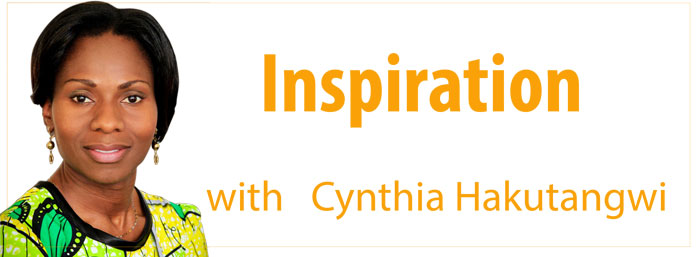
Ihave been asked several times during training presentations or motivation sessions why I always encourage people to get out of their comfort zones when in fact one’s own comfort zone provides them with a warm feeling of safety and security.
During one session one of the delegates spoke with impassioned rage about how this piece of advice was very manipulative because “most of the time, when people tell you to get out of your comfort zone, it’s because they want you to do something for them!” So, could there possibly be good comfort zones and bad comfort zones?
The idea of the comfort zone goes back to a classic experiment in psychology done in 1908. Psychologists Robert M Yerkes and John D Dodson explained that a state of relative comfort created a steady level of performance.
In order to maximise performance, however, we need a state of relative anxiety — a space where our stress levels are slightly higher than normal.
This space is called “optimal anxiety,” and it’s just outside our comfort zone. Too much anxiety and we are too stressed to be productive, and our performance drops off sharply.
Protected by your comfort zone
Everyone has a so-called “comfort zone” — that mental space you live in where there are boundaries and you feel a sense of emotional security with your work and your decision making. Comfort zones generally have to do with that area of life where we operate well and comfortably because we understand our circumstances, surroundings, and parameters. So why would anyone in their right mind advise someone to get out of such a beautiful zone?
- Chamisa under fire over US$120K donation
- Mavhunga puts DeMbare into Chibuku quarterfinals
- Pension funds bet on Cabora Bassa oilfields
- Councils defy govt fire tender directive
Keep Reading
In life, what distinguishes successful people from everyone else is what they do with their comfort zone. There are those who are perfectly happy staying warm and cosy in this safe box they have built and then there are those who constantly push and test the limits.
Now I’m not suggesting that the comfort zone is a bad thing. It’s there for a reason — to protect us. Otherwise we all may be jumping off cliffs and out of airplanes. It also protects us from taking on more stress and anxiety than we are equipped to deal with.
But eventually the familiar routine of your comfort zone will keep you from learning, and experiencing new things that are potentially good for you and the people around you. It is also likely to prevent you from building thriving relationships, business or career endeavours.
Break the barrier
So how do you know when your comfort zone is holding you back?
When you find that you are experiencing excessive stress, boredom, self-criticism, envy, and anxiety about your situation, lots of excuses, a stagnant or failing business/relationship, then it possibly means that it’s time for a stretch.
You need to understand that you are less than perfect. Sometimes we are afraid of what others may think, or of letting someone down, which results in us creating around us self-imposed, ridiculously high standards on how to behave so that others will accept us.
The source of this is fear and we need to break that barrier.
So what are you really afraid of? Make a list of everything and devise a plan to face your fears one at a time. Take time to imagine your success.
If you spend a few minutes each day visualising your success, you will become more willing to take the risks associated with it.
Give your brain a break and daydream a little. You will be amazed at the results, especially when you make an effort to translate your vision into action.
Find healthy support
Is there something you want to do, but you lack the resource, strength and courage to do alone?
Find a partner and make it happen. Often we choose our friends and peers based on what we have in common. Instead, try to find someone who is more ambitious and less risk averse than you.
Choosing the company of people who go farther out on the limb will bring out your adventurous side. Be open-minded and observe the benefits of being more daring.
Do you enjoy predictability?
Scientifically, your comfort zone is a behavioural space where your activities and behaviours fit a routine and pattern that minimises stress and risk. It provides a state of mental security. Your comfort zone keeps you in a very predictable space.
You usually know exactly what’s going to happen. It is important to acknowledge however, that a fear of the unknown will keep you stuck forever.
It is good to take risks in measured amounts. You can start by risking something you are willing to lose.
These losses will teach you something. As we established in the previous instalment, powerful decisions are not easy, but making them grants us access to what we most long for — to feel empowered, authentic, and capable of stepping beyond what we believe ourselves to be.
What powerful decisions have you made? What did you learn in the process? How have these decisions changed your life? It is our decisions, not the conditions of our lives, that determine our destiny.
Cynthia Hakutangwi is a communications and personal development consultant, life coach, author and strategist. She is the managing consultant of Wholeness Incorporated. Her newly published book is entitled, Destination Wholeness — Going Beyond Brokenness. Previously published titles include, The Whole You — Vital Keys for Balanced Living and Intelligent Conversations: A mindset shift towards a developed Africa. She is co-author of Success Within Reach. E-mail: [email protected]. Facebook: Wholeness Incorporated. Website: www.wholenessinc.com












